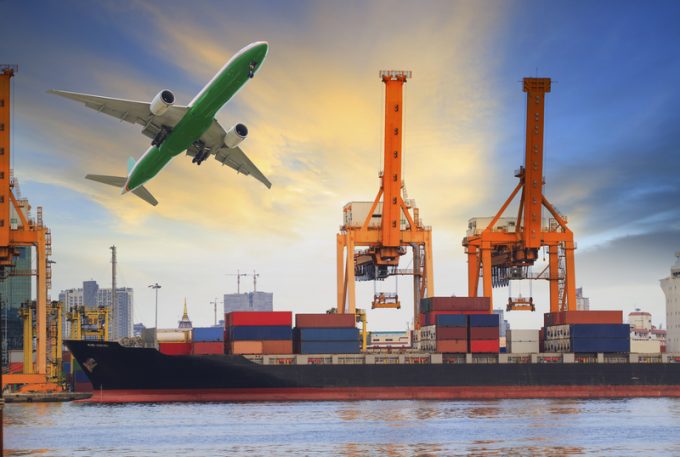
Container shipping lines should learn from passenger airlines if they want to improve profitability, the JOC’s Transpacific Maritime conference in Long Beach heard this week.
One lesson to learn is how to get better control of its costs – principally fuel, according to Neil Glynn, head ...




Comment on this article
Gary Ferrulli
March 06, 2019 at 3:31 pmThe issue is failing to charge for the increased fuel prices. Ocean carriers saw fuel prices rise beginning two years ago, 28% in 2017, they budgeted for more increases in 2018 – but didn’t put a surcharge in place to recover the cost. By the time they came to their senses, the TP 2018-2019 contracts were in place with explicit exclusions for GRI’s or increased surcharges. Look at all of their financial reports since the beginning of 2018, revenues up due to volume, losses due to fuel costs.
Will they make the same blunder with the IMO requirements of 1/1/2020, stand-by.